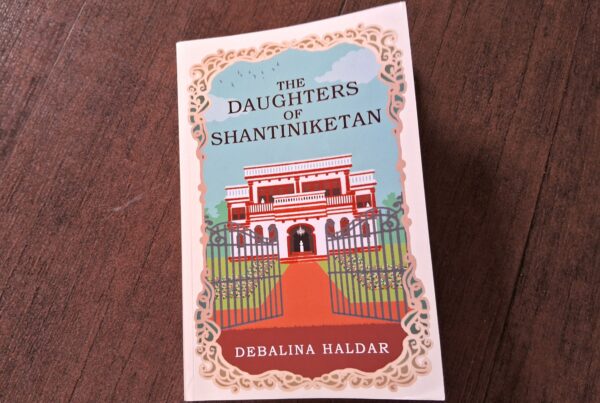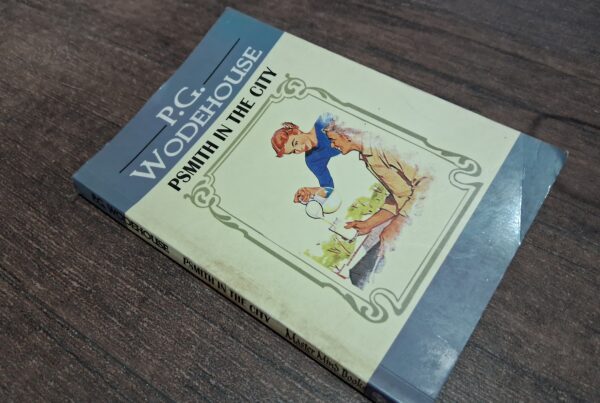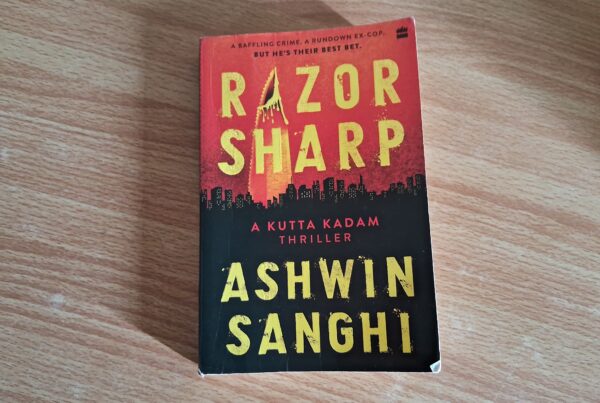#52BookClub
Prompt: Explores social class
Book: Coming Out as Dalit
Author: Yashica Dutt
Pages: 212
Publication: Aleph
Genre: Nonfiction / Memoir
I usually steer clear of nonfiction because I find facts mundane. Memoirs, however, are a different ball game altogether, and if they happen to be penned by celebrities I admire, I give them a go.
Until now, I had no idea who Yashica Dutt is. I don’t even recollect how many books by Dalit authors I have read. While gifting me this memoir, my friend hoped that I would find it interesting.
Book
A New York-based journalist decides to accept publicly that she is a Dalit. What prompted her to take this step? More importantly, why was she hiding her caste until then? This book traces her journey while describing the socio-political events that shaped her identity.
Review
Memoirs are tricky. A few celebrities don’t think twice before washing their dirty linen in public. Some, like a certain prince, decide to whine and seek sympathy from the public. Yashica Dutt, while penning straight from the heart, skips the route of seeking sympathy using faux shock thrills. On the other hand, she details her childhood in a matter-of-fact way and strengthens her narrative with statistics wherever required.
A recurring theme in the book is the comparison between Dalits in India and the Blacks in America. This enables the memoir to reach international audiences, also making the jobs of their readers easier to understand the lives of the downtrodden.
What is appreciable about the book is the author’s neutral stance when it comes to political ideologies. We live in an era where sitting on the fence is considered to be a crime. Yashica’s intention is to bring out the plight of the Dalits and their mistreatment at the hands of all political parties and so-called liberal celebrities. In fact, she does not shy away from criticising Mahatma Gandhi for relegating Ambedkar into the background. Similarly, a Booker winner and a doyen of free speech is not spared by Dutt for not acknowledging her privilege.
Without resorting to gimmicks, the writer describes her childhood as she tried to pass off desperately as an upper-caste girl. The narrative is poignant, and the references to her family make us understand why she took this step of hiding her Bhangi identity. Because of the nature of the memoir, names like Ambedkar and Rohith Vemula occur frequently.
The chapter on manual scavenging was gut-wrenching. Some of us may have our views on reservation, but the detailed chapter tries to make us see reason. However, I would like to share an example of how some Dalits are treated as filth.
If India truly intends to become post-caste in the next few centuries, ensuring no Dalits need to deal with someone’s filth just to survive is the place to start.
While reading the chapter Dalit Movements and Ambedkar’s Legacy, I spotted a few familiar names like the Phule couple. Yet the Dandi March is considered a singular event in Indian history, and the Mahad Satyagraha is barely discussed outside the Dalit community—another example of the unequal regard for Ambedkar and Gandhi. As a history buff, I was ashamed that my knowledge on the latter was zilch.
However, I disagree with the author on a few points. Her mother was subject to abuse from her in-laws. Yashica is partial to her lineage, wherein she praises the Dalit-Bahujan tenet of equal work share of her grandparents. But their ideals suddenly turn Brahminical when they stop her from joining the police work. My bone of contention is that patriarchy is independent of country, caste, religion, and language. As a result, her pinning the blame on a particular caste (even if it was/is an oppressor) didn’t cut any ice with me. Similarly, dismissing savarna feminists (how I hate the term) is simply unacceptable. I agree the voices of the marginalised women need to be heard. But one cannot trivialise a statement just because it came from a non-Dalit woman.
Nevertheless, the issues are critical. Popular culture also finds limited to no mention when it comes to Dalit representatives. The author tries to draw our attention to various stereotypes, like the lack of English-speaking skills in a person from a lower caste. Overall, the book is an engaging read. Even those opposing reservations will pause to think. Yashica retains her unbiased approach throughout the memoir more or less, barring a couple of exceptions.
Despite being nonfiction, I read Coming Out as Dalit in one go.
If you want to open your mind and read about the dissimilar treatments meted out to our citizens, do read this book. You may question the government policies and the politicians’ attempts to shamefully seek their votes by appeasement tactics, but you should not be blind to the fact that most of us don’t treat them as equals. Try to put yourself in your shoes. If you feel ashamed of your surname, hide it, and attempt to keep up with the Joneses, there is an inherent problem.




